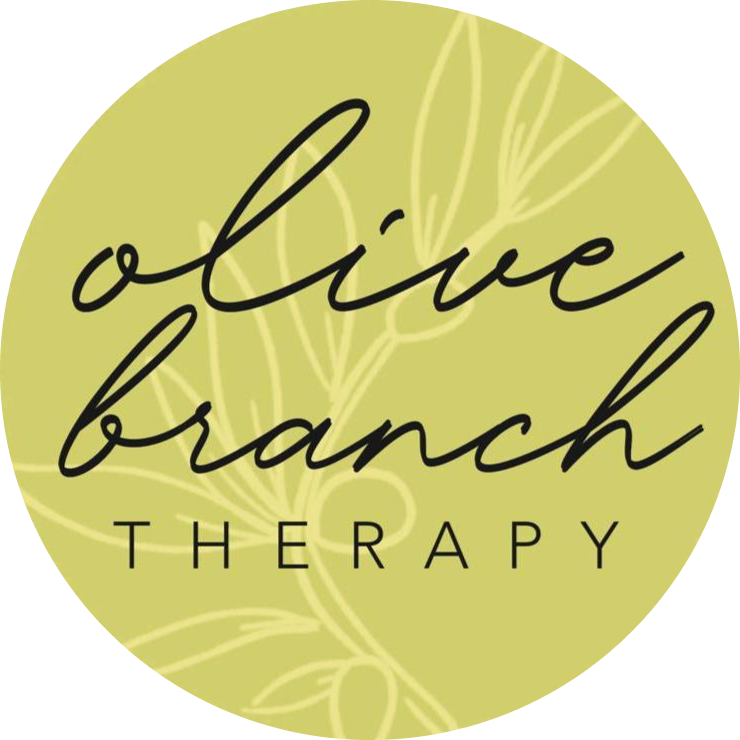Did you know that April is National Alcohol Awareness Month?
Alcohol dependency and addiction aren’t often talked about openly–especially since we live in a culture where alcohol consumption is the center stage in so many social activities. It’s something that is so common, that we sometimes feel as if we have to explain ourselves if we don’t want to partake; we’ll make excuses like “I have a headache,” or “I’ll just get sleepy” or “I have to work early tomorrow”–which all might be true (and all are good reasons to refrain from drinking alcohol!) but it’s telling that we often feel the need to provide a reason instead of just saying “no thank you.”
This month is a good opportunity to consider your own relationship to alcohol. Some questions you can ask yourself are:
Do I feel like I need a drink to be with friends?
-
Do I lose interest in social events if there is no alcohol there?
-
Do I feel uncomfortable being myself, unless I’ve been drinking?
-
Do you frequently drink more than you planned to?
-
Have you ever considered quitting drinking altogether?
-
Has alcohol consumption ever led you to miss work or social commitments?
-
Do you find yourself in dangerous situations when you drink alcohol?
These are some good questions to consider to explore your own relationship with alcohol. And taking the time to consider your relationship with alcohol is important for everyone–not just those who have a personal or family history of substance use or addiction. Being intentional about what we consume is helpful for everyone!
Other things you can do this Alcohol Awareness Month:
Consider how you’re supporting those in recovery in your life
Do you have friends or loved ones who are recovering from alcoholism? Have you ever asked them what you could do to offer them support? It’s okay if you don’t know the best way to support someone intuitively, but there is a lot of shame people feel when struggling with substance use. Knowing that you are there, not judging them, wanting to be a part of their support system can help reduce some of that shame and make it easier for them to open up to you about what they need.
Don’t make alcohol your go-to offering at social events:
As we start to see more people vaccinated and the weather turn nicer, people are going to be gathering more. How many times have you heard the phrase “can I get you something to drink?” at a party or other social event? Remember, non-alcoholic drinks aren’t just for your underage guests! Instead of starting off with beer or wine, ask if you can get anyone some water, a coffee, tea, etc. Make it clear that there are both alcoholic and non-alcoholic drinks available, and that they are welcome to ask for whichever is best suited to them.
Explore the Sober Curious trend:
Many of us don’t have an intentional relationship with alcohol. And there is an unspoken belief in many of us that in order to participate in sobriety, we have to get to the point where sobriety is the only option for our health and wellbeing. But that’s not true! Even if you don’t have an unhealthy relationship with alcohol, you might just not like it or how it makes you feel, and that itself is reason enough to abstain from drinking. There are a lot of people who find themselves happier without alcohol so they choose to experiment with a sober lifestyle. And even if it is not a permanent change, it helps make you more mindful and intentional about your own alcohol consumption.
Educate yourself on alcohol addiction:
If you don’t have first hand experience of addiction, or don’t know anyone who struggles with addiction, you might not know that much about it. Finding local organizations that work with people in recovery as well as do community education is a great way to get involved, get educated, and connect with your community.
If you need support navigating your relationship with alcohol or your recovery, our substance addiction therapists can help you, get in touch with us today!
About The Author

Noreen Iqbal, LCSW is the owner and director of the Olive Branch Therapy Group. Noreen works with adolescents, young adults, adults, families and couples. If you are interested in working with Noreen, contact us via email, phone or chat on our website.



